2002 Cabinet Papers: Former Treasurer Peter Costello says ‘we’ve lost our advantage’ through inaction on debt
Twenty years after warning cabinet of significant future budget pressures, former Treasurer Peter Costello says the fiscal and debt position of the nation is far worse than it needed to be.
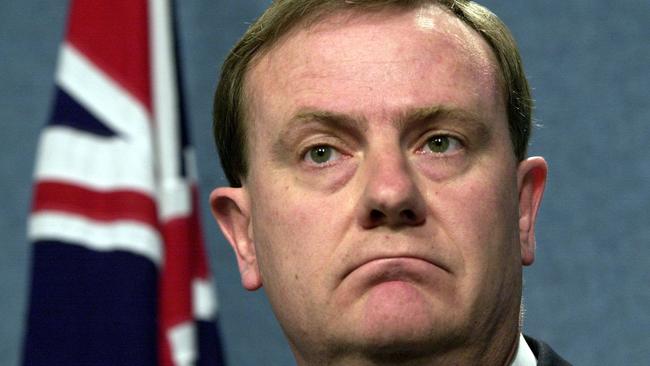
Peter Costello issued a stark warning to cabinet in April 2002 when he outlined the first intergenerational report that revealed significant future budget pressures as the population aged and demanded reconsideration of long term policy choices and the maintenance of a strong fiscal position.
But 20 years on, the former Treasurer says Liberal and Labor Treasurers have squandered the opportunity to use the intergenerational report to plan for and address future budget challenges, and have left the fiscal and debt position of the nation far worse than it needed to be.
“The contemporary lesson is you have got to seize opportunities and the IGA gives the Treasurer and the government a great opportunity to let the public in on long term thinking,” the former Treasurer told The Australian.
CABINET PAPERS 2002
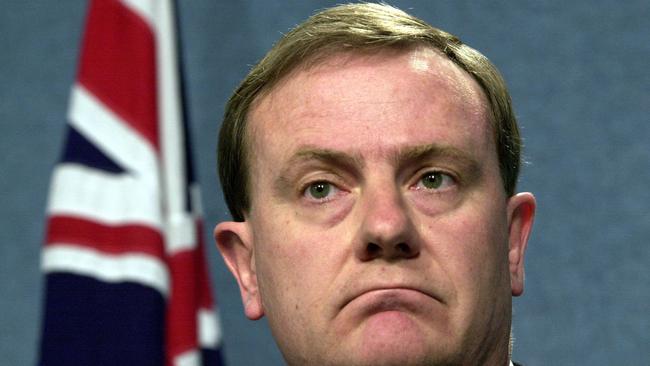
‘Advantage lost’: Costello slams inaction on debt
Twenty years after warning cabinet of significant future budget pressures, former Treasurer Peter Costello says the fiscal and debt position of the nation is far worse than it needed to be.
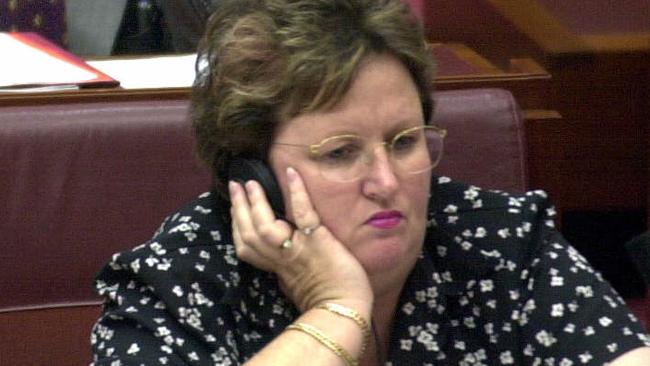
‘I don’t have time for egomaniacs who take notes’
Amanda Vanstone lifts the lid on her time in cabinet, including her dealings with John Howard and disdain for ministers more concerned with publishing memoirs than serving the community.
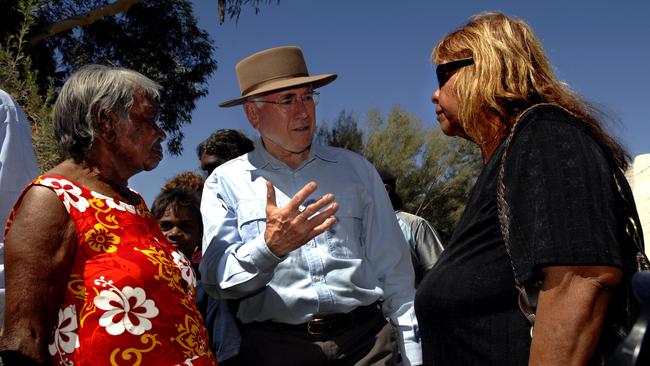
Why Howard government refused to say sorry
Fears that present day Australians would be held responsible for atrocities of the past were behind the Howard government’s refusal to apologise to Indigenous Australians in 2002.

Hicks’ Guantanamo detention ‘lawful’, government ruled
Australian and US governments agreed on the need for a ‘consistent public position’ on Guantanamo detainee David Hicks, cabinet minutes from February 2002 reveal.
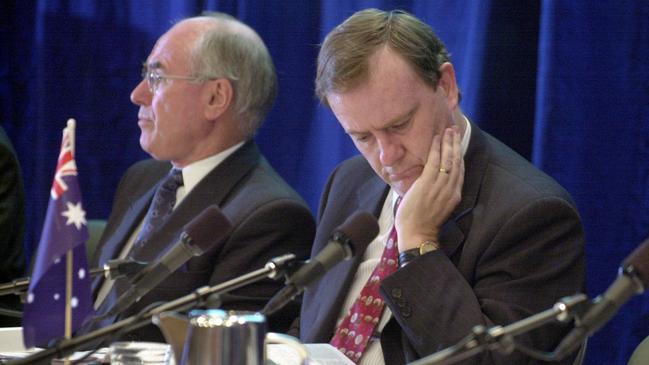
‘Why we never ratified Kyoto was beyond me’: Costello
Peter Costello laments rejection of 1997 Kyoto Protocol as cabinet documents from 2002 reveal Treasury argued for incentives to invest in cleaner energy.
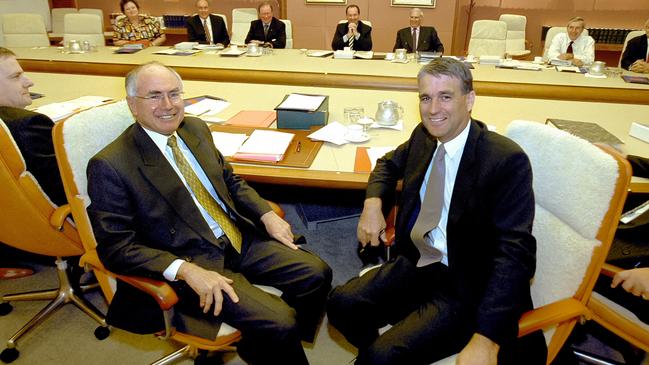
Howard warns on ‘reform fatigue’
John Howard and Peter Costello urge major parties to prioritise deficit and debt reduction to protect the nation from the next major economic shock.
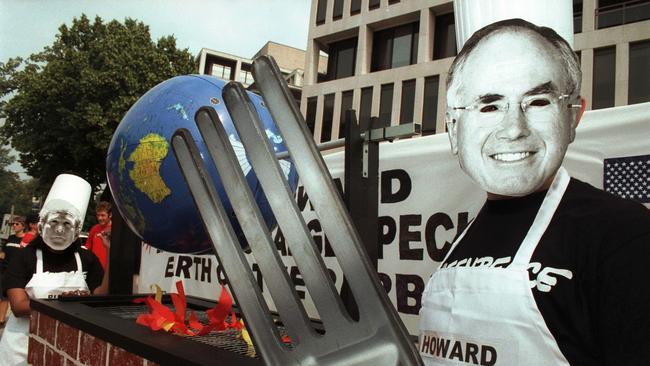
How Kyoto rejection kickstarted the climate wars
Concerns the Kyoto protocol would ‘risk Australia’s competitive advantage in emissions-intensive activities’ were one reason behind Howard government’s refusal to ratify the agreement.

Frustration over new security laws post-9/11
The Department of Prime Minister and Cabinet feared its inability to get state agreement on contentious new security measures in the wake of September 11.

How 9/11, Bali bombings changed our military
With the threat of terrorism looming large, the Howard government created a national special forces command to ensure ‘surgical’ military responses.

Release of Bali bombmaker ‘regrettable’
Former PM sympathises with victims and relatives over early release from jail of Bali bombmaker Umar Patek.

Australia wary of Afghanistan troop commitment
Declassified national security committee documents reveal that in June of 2002, Defence argued it was ‘not in a position to contribute’ to UN force in Afghanistan.

Christmas Island detention centre’s fast-tracking revealed
The Howard government fast-tracked plans to build the first ‘purpose-designed and built’ offshore detention centre controlled by Australia in 2002.
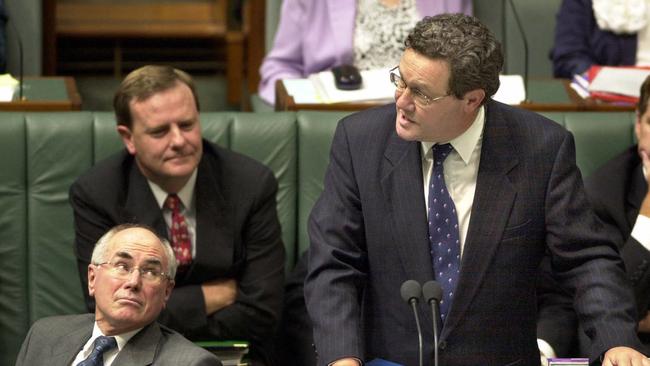
Timor Sea Treaty negotiations to be kept under wraps
Disclosure of details on joint resource-sharing agreement between East Timor and Australia would “damage security”, National Archives rules.
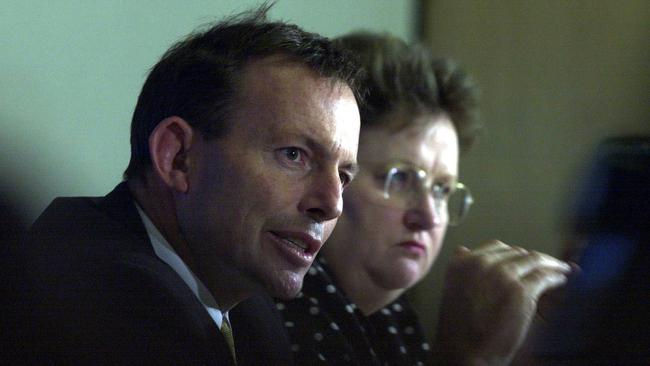
Push to restrain growth of disability pension
Concerns over ‘inappropriate access’ to the Disability Support Pension prompted Howard government to introduce measures to reduce number of recipients, cabinet papers from 2002 reveal.
“If you don’t want to take that opportunity you will miss it.
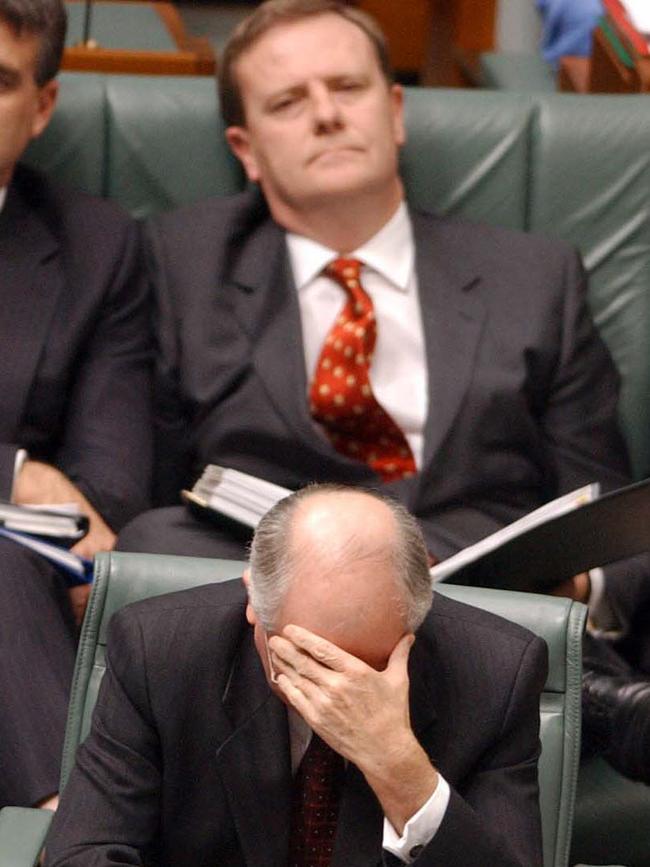
“We put all these long term issues on the table – the decline in fertility, the ageing of the population, increasing expenditures – and the need to take gradual steps over a long period to address these things. I don’t think things have improved since the first IGA but we’ve just lost our stomach to deal with it.
“It depends very much on whether the Treasurer of the time wants to use it for policy reform,” Mr Costello added. “I used it as an argument that we had to do something about the demographic challenge which worked for a while, and it really became a call to action. Subsequent Treasurers could have used it to galvanise action better.
“So, where are we 20 years later? Well, our health care is going up, pharmaceutical care is going up, pensions are going up (and) our fiscal problems are worse than we even thought they were going to be. That first report laid it all out there and it has all come to pass 20 years later.”
Mr Costello, who delivered 10 budget surpluses and paid off $96bn in government debt, recognises the impact of the global financial crisis and pandemic but argues fiscal repair and debt reduction have not been the urgent priority they should have been once these crises passed.
“We have had two down cycles now and on neither of occasions as we came out of them have we said, ‘Right, now is the time to put the budget in surplus and pay the debt back’,” the former Treasurer said. “So, we will go into the next downturn – there will be one – with debt ratcheted up. So, we have lost our advantage.”
Cabinet records released by the National Archives of Australia on January 1 include an oral report by the Treasurer on April 15, 2002, about what would be the first of five intergenerational reports required under the Charter of Budget Honesty Act 1998.
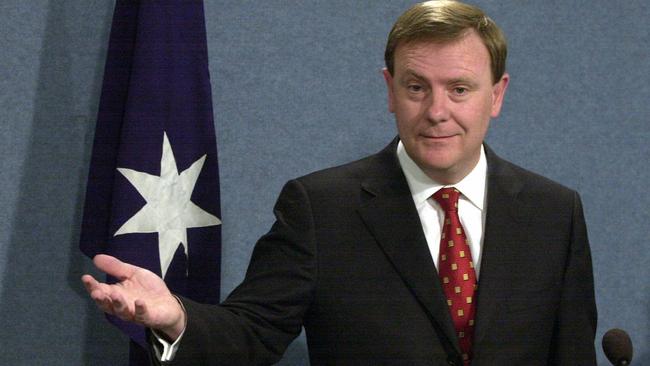
The Treasurer told ministers that the long term “budget pressures” included: rising costs of and demand for health services; a greater need for aged care services; increases in the age and service pensions; and higher take-up rates of disability support.
Some of these costs, however, were expected to be offset by declines in unemployment allowances and parenting payments, while education costs as a percentage of GDP would reduce due to the proportion of 5-to-24-year-olds in education.
Moreover, some of these fiscal pressures could be “mitigated” by policies that reduced “funding need” and increased “funding ability” in areas such as immigration, taxation, foreign investment, welfare, workplace relations, and education and training.
“Australia is better prepared to deal with these fiscal pressures than other industrial economies as a result of a strong fiscal position and low levels of government net debt,” cabinet noted. “Australia was (also) likely to face lower longer term fiscal pressures than other industrial countries largely as a result of Australia’s means-tested pension and relatively high superannuation levels.”
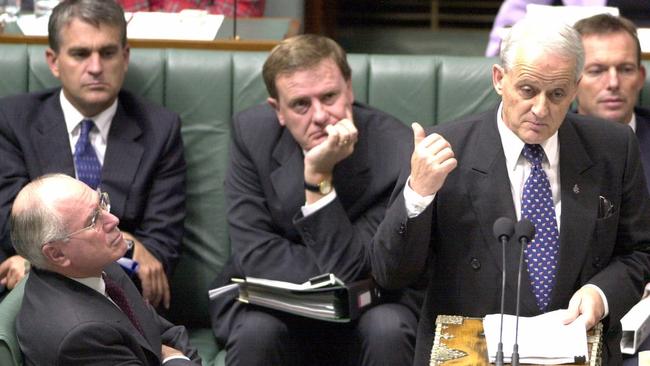
Other cabinet records of immediate budget pressures in 2002 included the deployment of troops to Afghanistan, defence acquisitions, counter-terrorism measures, border security initiatives and asylum-seeker processing centres, aged care costs, and funding for Medicare and the Pharmaceutical Benefits Scheme.
“You had to build in big buffers for unanticipated expenditures,” Mr Costello recalled. “I produced a rule that we would aim for 1 per cent of GDP, and in the next term 2 per cent of GDP, because we needed buffers in case of unexpected things if we were going to continue to balance the budget and pay off debt.”
Other ministers, such as Immigration Minister Philip Ruddock, were considering the impact of demographic change which John Howard identified as a third term priority. Mr Ruddock advised cabinet in April 2002 that Australia’s population would increase from 19.7 million to 25 million by 2050. In fact, Australia’s population reached 25.9 million in mid-2022.




To join the conversation, please log in. Don't have an account? Register
Join the conversation, you are commenting as Logout